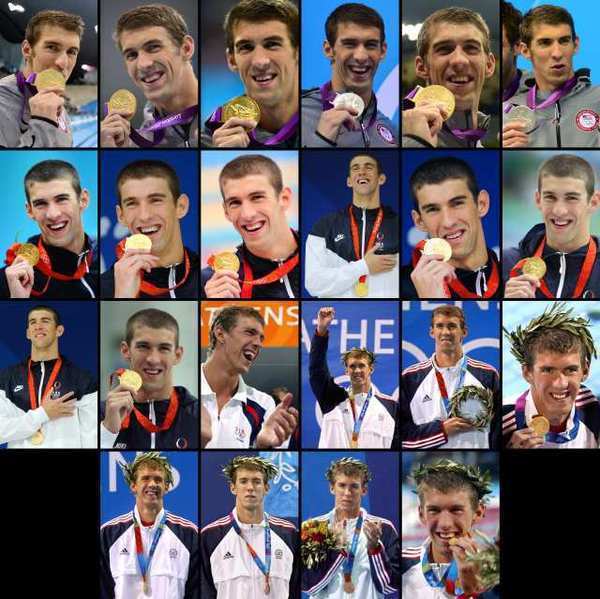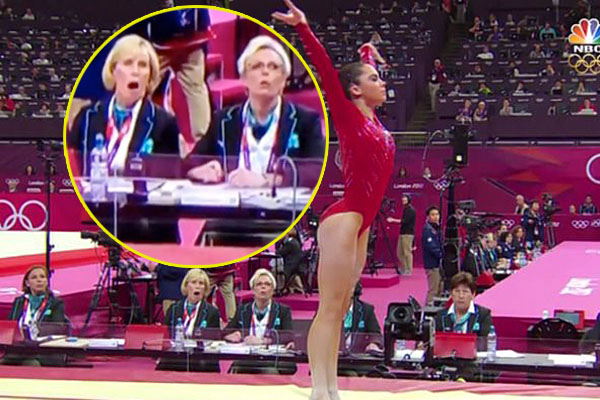Over the past 12 weeks, I have discussed many of the momentous moments of the London 2012 games. From start to finish, the games were a spectacle. This spectacle was built by a combination of many things. The competition, fans, diverse countries, and ceremonies all came together to make the Games of the XXX Olympiad both successful and memorable. There are a few things about these games that stood out.
First, London was a fantastic host. There is a reason why London has been selected an unprecedented three times; they do the Olympics right. Questions of security, finishing the facilities on time, traffic, and other concerns were answered and standards were met. The London 2012 staff made the games run smoothly, but that’s not all. In order to put on the summer games, the United Kingdom transformed West London from the slums left over from the growing pains of industrial revolutions for centuries to a beautiful Olympic Village with facilities to rival any other Olympic host.
Second, there was something special about the theme of the London 2012 games. I referenced it a few times here in this blog. The theme of the games was “Inspire a Generation.” And this wasn’t just a tagline to put on merchandise, it guided the games. Both the opening and closing ceremonies featured scenes of popular culture and the technological revolution that dominates today’s youth. Athletes were breaking barriers every day, competing (and winning) at younger ages all the time. Missy Franklin, a US swimmer, can take home her haul of precious medals back home for her senior year in high school. The fastest man in the world to run an entire lap around a track, Kirani James, can’t even have a beer in the United States.
And, finally, the games more popular this year than they ever were. With so much access to every event with the evolution of today’s technology, the audience for these summer games was astronomical. Everywhere you went in early August, you could, and would encounter the Olympics on TV, on a newsstand, in your Twitter feed, simply everywhere. Never before has there been so much excitement for the Olympics (albiet Michael Phelps winning eight golds in 2008 was incredible.) Maybe I am biased because I am finally old enough to appreciate everything that goes into and comes out of the Olympics, but the way I see it, these 2012 London Games were the greatest to be played in the modern era.






